The Maharashtra Real Estate Appellate Tribunal (MREAT) has ruled in favor of the buyers in the New Cuffe Parade project by Lodha Group, directing the developer to register a portion of the project with the Maharashtra Real Estate Regulatory Authority (MahaRERA). This ruling comes after homebuyers raised concerns regarding the lack of a full Occupancy Certificate (OC) and the non-compliance of the project with the Real Estate (Regulation and Development) Act, 2016, commonly referred to as RERA.
Background: The Homebuyers’ Complaint
The issue dates back to 2011-2014, when several homebuyers booked flats in three buildings within the New Cuffe Parade project, which included Lodha Dioro, Lodha Elisium, and Lodha Enchante. The buyers were promised possession by various dates up to 2016. However, the developer delayed the handover of possession and failed to secure full OCs for the buildings, which was required as per RERA guidelines.
After the enactment of RERA in May 2017, homebuyers alleged that despite the regulations, the developer had only obtained part OCs for the buildings in June 2017. As per the provisions of RERA, any project that does not have a full completion certificate or OC is mandated to register with MahaRERA. The buyers raised their concerns with MahaRERA, seeking several reliefs, including the registration of the project under RERA, interest on delayed possession, and the formation of a society for flat owners.
MahaRERA’s Initial Ruling
In February 2020, MahaRERA dismissed the complaints filed by the homebuyers. The authority stated that the phase of the building that had received a part OC did not require registration under RERA. However, it recognized that provisions related to conveyance and defect liability under RERA should still apply to protect the rights of homebuyers who had already taken possession.
MahaRERA also ruled that buyers could not claim interest on delayed possession, as it deemed the project to be partially completed. The authority advised homebuyers to take possession of their apartments and file complaints under Section 14(3) of the RERA Act regarding any defects or issues related to possession.
Tribunal's Intervention
Dissatisfied with MahaRERA’s ruling, the homebuyers moved to the Maharashtra Real Estate Appellate Tribunal (MREAT). They sought a reversal of the MahaRERA order and requested that the project be registered under RERA, along with compensation for the delays in possession and litigation costs.
The developer, Lodha Group, defended its stance by arguing that the project’s lower floors had received part OCs before the RERA registration deadline, and thus, the project did not require registration under RERA. The Lodha Group further contended that the project was divided into phases, with the lower floors (1–40) already having part OCs before May 1, 2017. Since only the upper floors (41 and above) were pending, the company argued that this did not trigger RERA registration requirements.
However, the Tribunal rejected this argument, stating that a part OC could not be equated to a full completion certificate. The Tribunal pointed out that since the project had not received full completion certificates before the RERA implementation date, the entire project, including the lower floors, needed to be registered with MahaRERA.
The Tribunal's Ruling
The Tribunal clarified that a part OC cannot be treated as a full completion certificate, emphasizing that the issuance of completion certificates and project registration under RERA must adhere to the law. According to the Tribunal, RERA allows for phase-wise registration and completion certificates, but only if each phase is independently approved, with a separate commencement certificate.
In its ruling dated May 8, 2025, the Tribunal stated that the New Cuffe Parade project should have been fully registered with MahaRERA, as the partial OC obtained by the Lodha Group did not meet the requirements of the law. The Tribunal further instructed that the developer should register the project under RERA within 30 days. Once registered, MahaRERA would handle the complaints and disputes filed by the homebuyers in accordance with the provisions of the RERA Act.
Additionally, the Tribunal ordered the developer to pay ₹25,000 at the tribunal's office and ₹25,000 directly to each appellant within 30 days from the date of the judgment as compensation for the delays in addressing the issue.
Developer's Response
In response to the Tribunal's ruling, an official spokesperson for Macrotech Developers, the parent company of Lodha Group, acknowledged that while MahaRERA had initially ruled in favor of the developer, the MREAT had granted a judgment in favor of the homebuyers. The spokesperson mentioned that the Tribunal’s judgment would be stayed for six weeks, and the company would assess the ruling and seek legal advice on the next steps.
The decision reflects the growing importance of ensuring that real estate developers comply with RERA regulations, especially with regard to the completion and registration of projects. Homebuyers have welcomed the Tribunal’s ruling, as it is seen as a crucial step in upholding their rights and ensuring that developers adhere to the law, thus maintaining transparency and accountability in the real estate sector.
The ruling by the Maharashtra Real Estate Appellate Tribunal underscores the importance of full registration under RERA, especially for projects that have yet to secure a completion certificate. It sends a clear message to developers about the need to comply with all regulations, including the timely submission of documents like completion certificates and Occupancy Certificates. Furthermore, the decision highlights the ongoing challenges faced by homebuyers in seeking redress for delayed possession and incomplete projects.

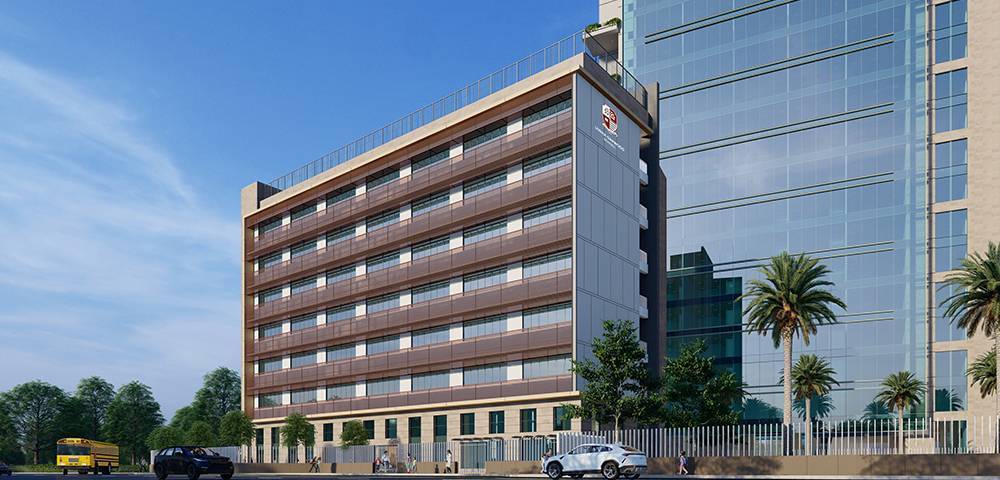



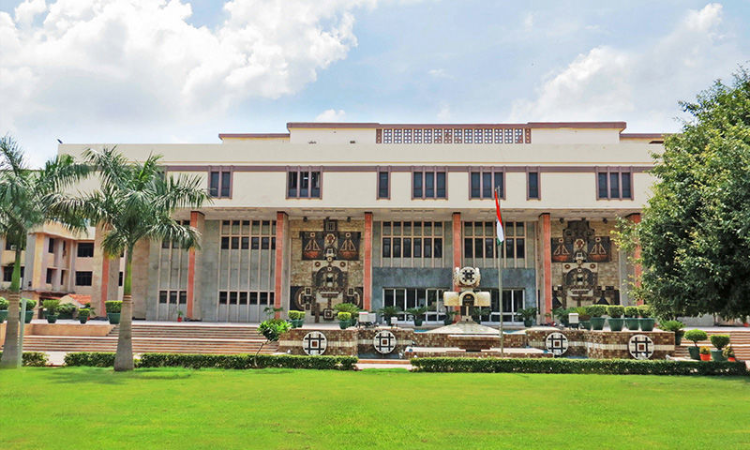
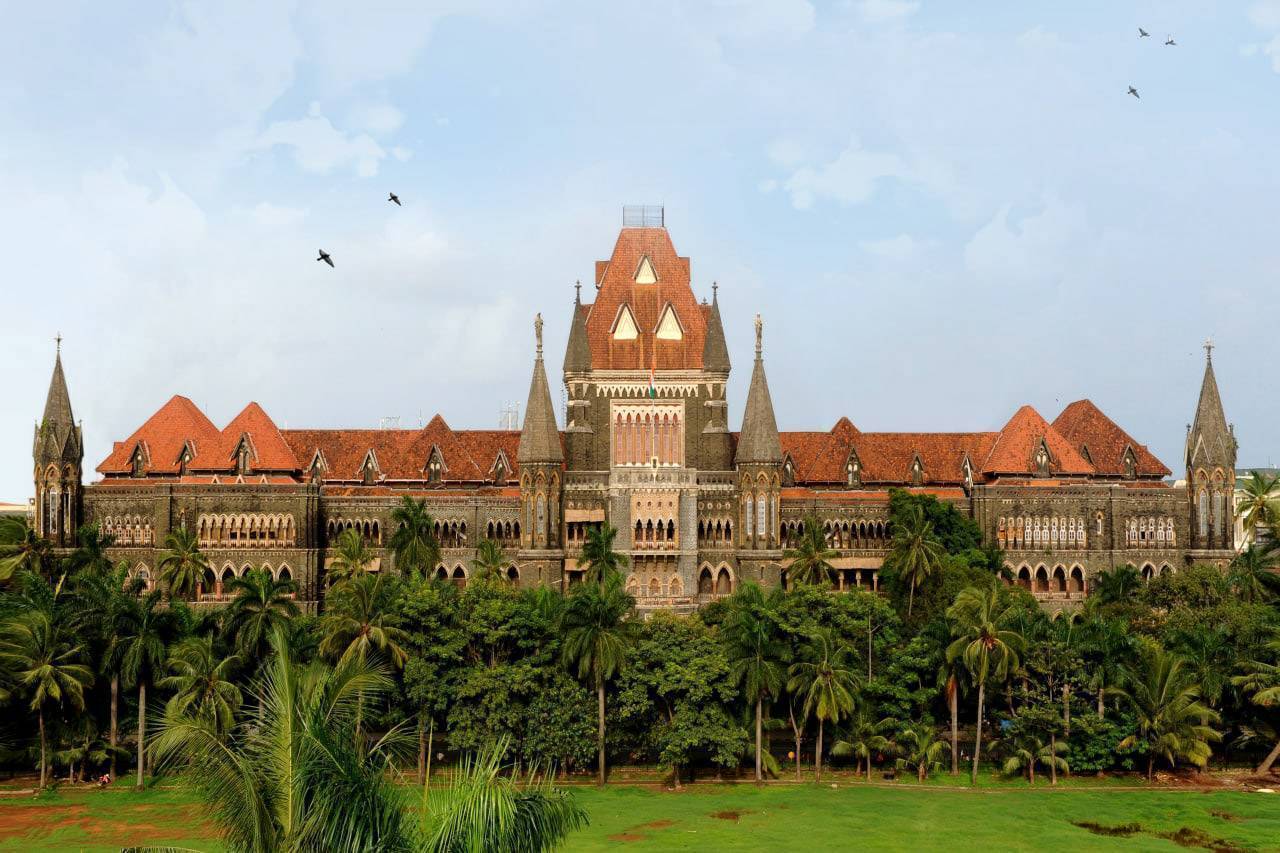
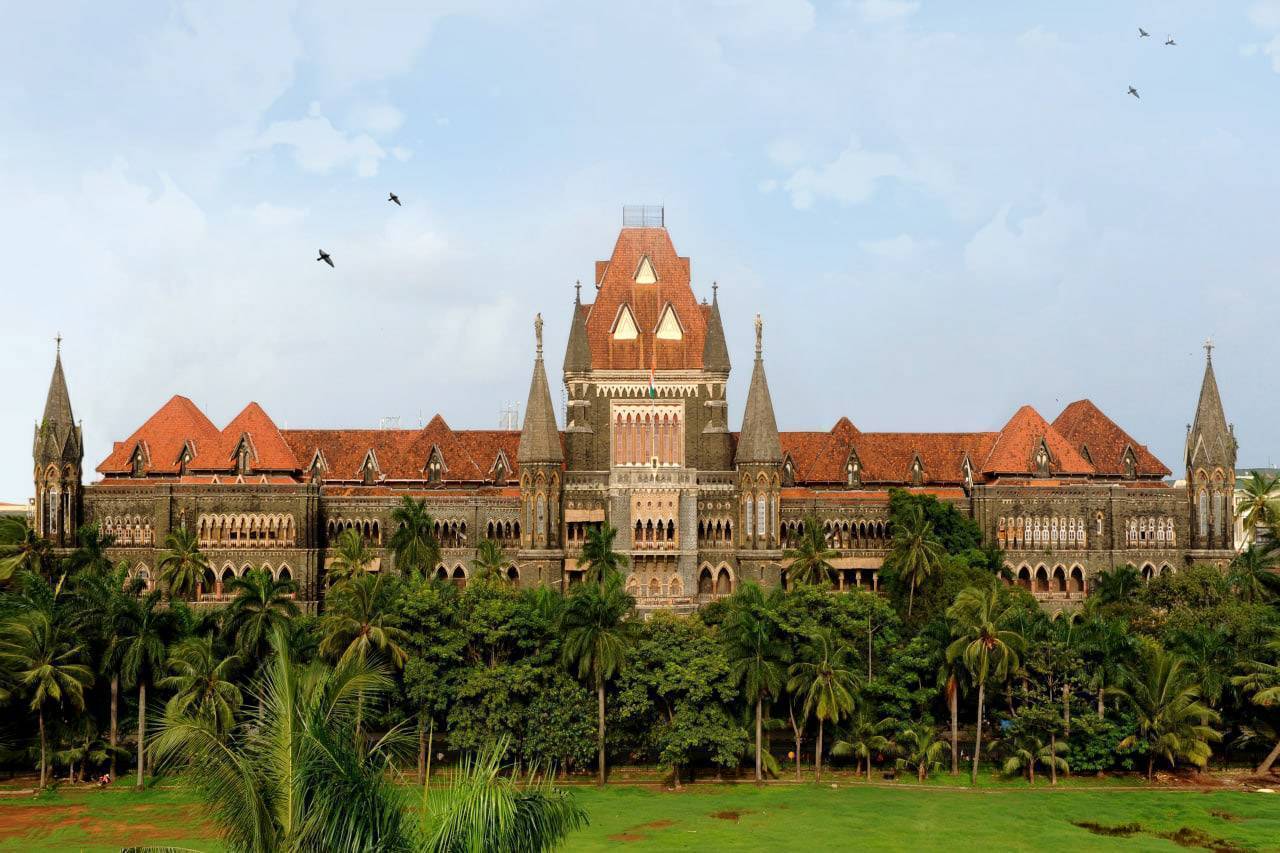
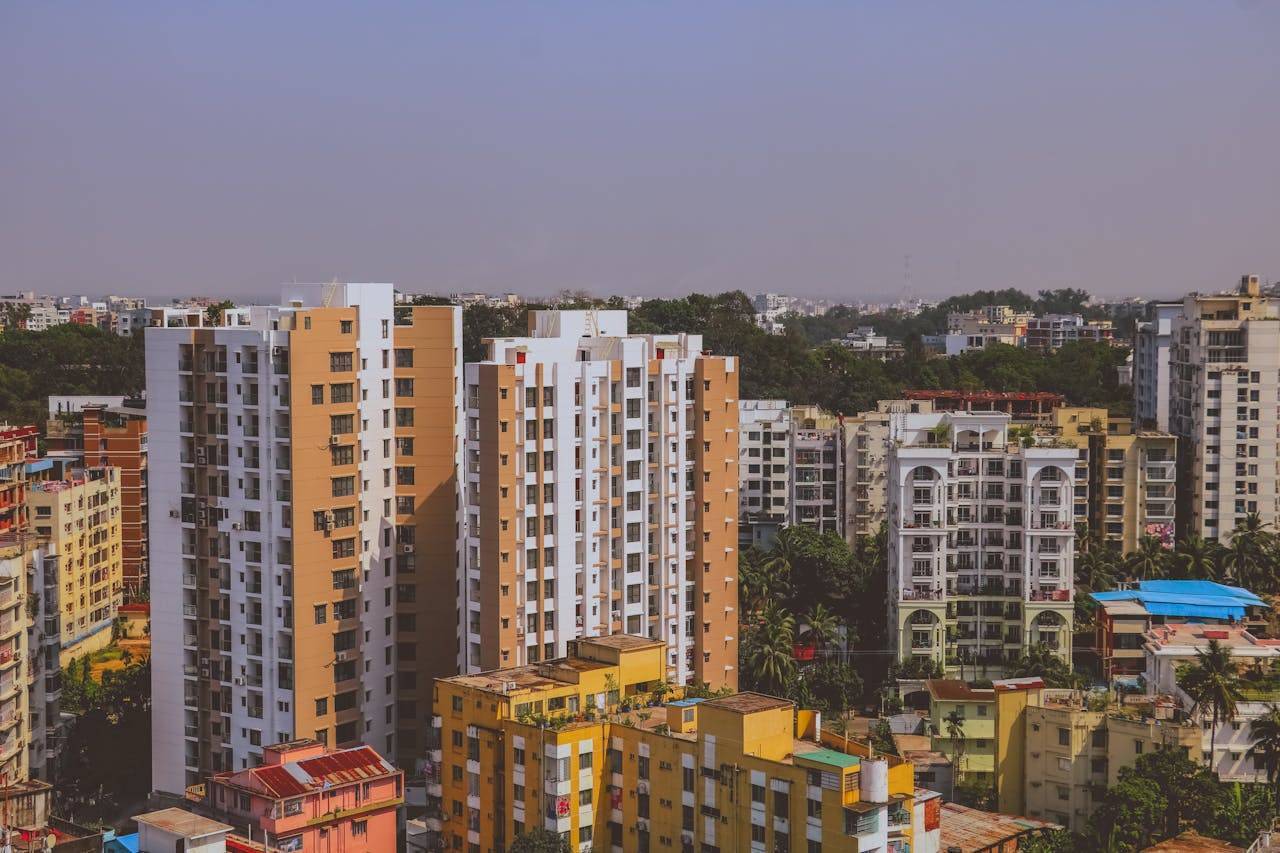
.png)